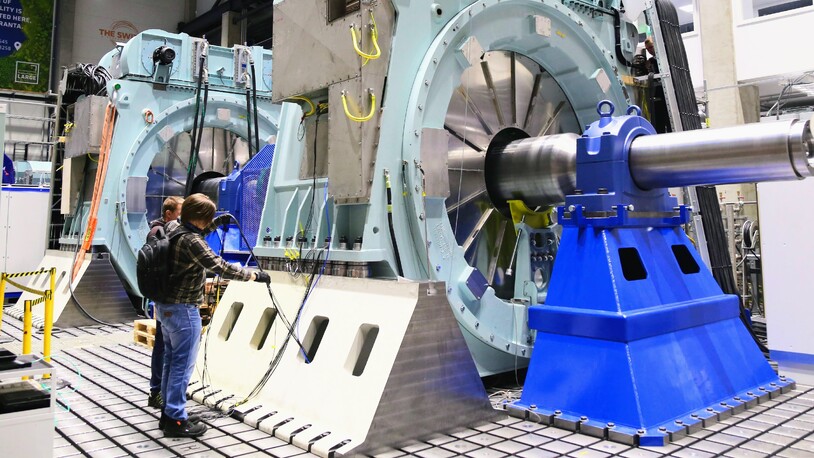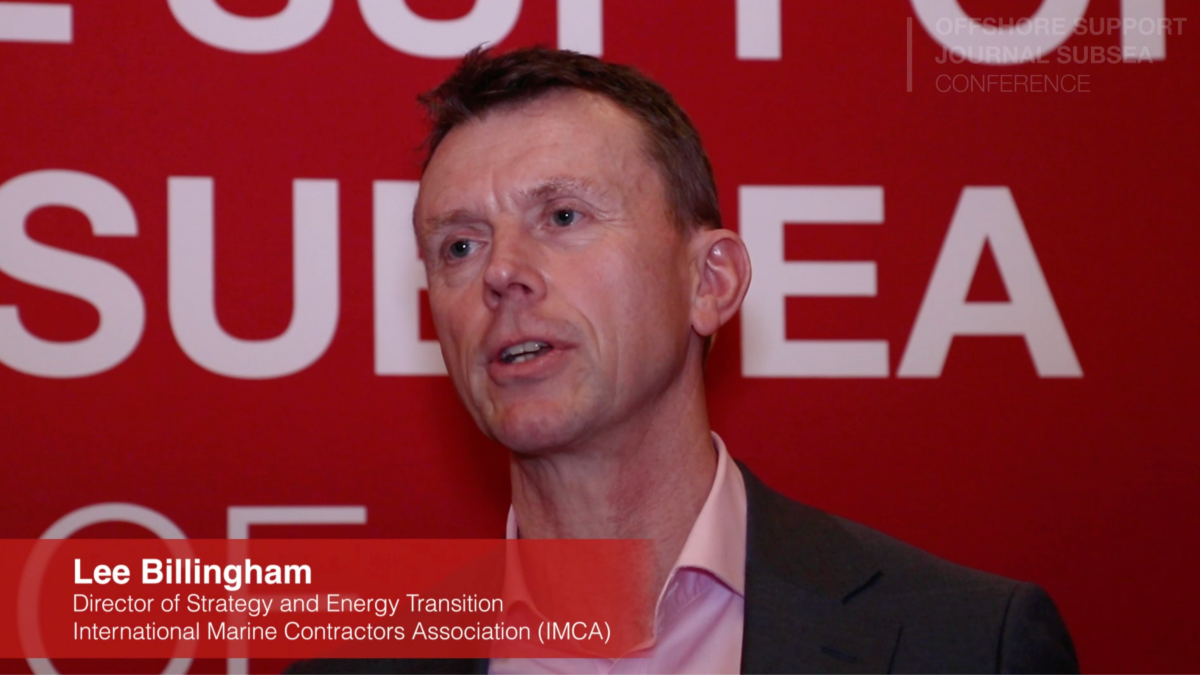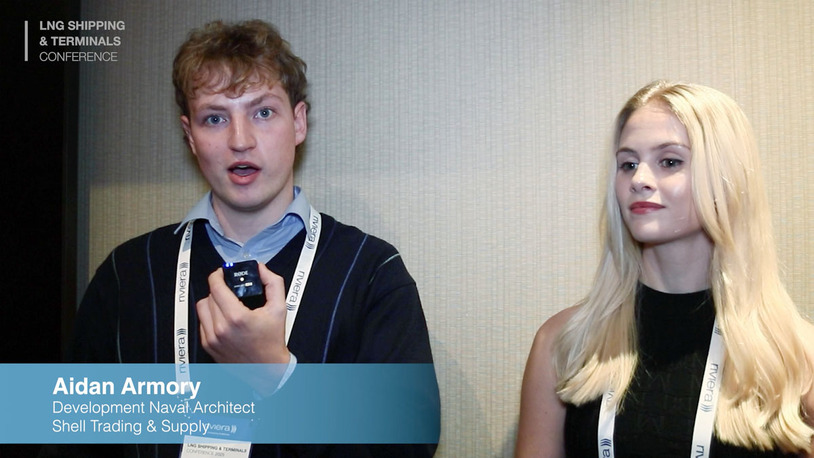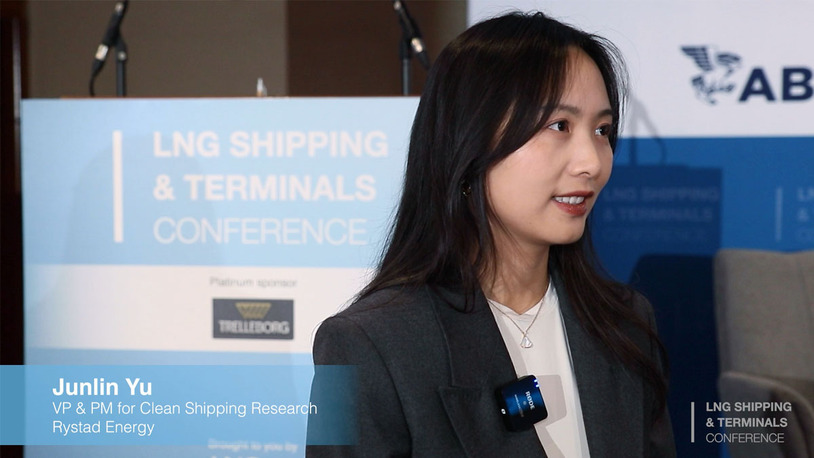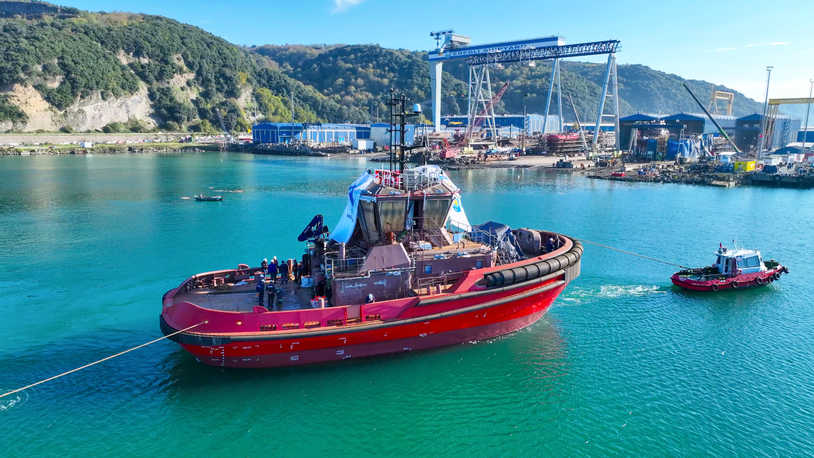Business Sectors
Events
Floating energy: successfully unlocking stranded gas using FLNGs and FSRUs
Contents
Register to read more articles.
How to decarbonise subsea support vessels
There are many options to consider to reduce emissions on vessels supporting the offshore industry, which is under pressure to cut its environmental footprint
Subsea support vessel owners looking to reduce their environmental footprint need to gather operational data and use analytics to provide insights for cutting fuel consumption.
International Marine Contractors Association (IMCA) director of strategy and energy transition, Lee Billingham, says owners should consider these “low-hanging fruit” options before working on capital-intensive retrofits and newbuilds.
He said owners could consider installing batteries and selecting technologies for hybrid propulsion, but must ensure crew and vessel safety.
He was speaking at Riviera’s Offshore Support Journal Subsea Conference, held in London, UK, on 3 February, when he said the industry was looking at ways to go fully electric with offshore and onshore charging.
However, technology is moving quicker than the industry can produce best practice, safety guidance and regulations, which leaves a gap, says Mr Billingham.
IMCA is positioned to support the industry to develop guidelines and standards to fill this gap, said Mr Billingham.
The association is supporting IMO and other regulatory bodies to produce regulations and guidance, and is working with its members to advocate useful regulations and help them decarbonise their offshore operations.
IMCA members are retrofitting their ships with energy storage systems for hybrid propulsion to lower emissions.
Shipowners are also ordering support vessels ready to use methanol fuel in a dual-fuel package, along with batteries to lower emissions.
Riviera’s Offshore Support Journal Conference, Asia 2025, the largest forum for vessel owners, designers, shipbuilders, charterers and suppliers within the OSV sector in Asia, Use this link to register your interest
Events
Floating energy: successfully unlocking stranded gas using FLNGs and FSRUs
© 2024 Riviera Maritime Media Ltd.

